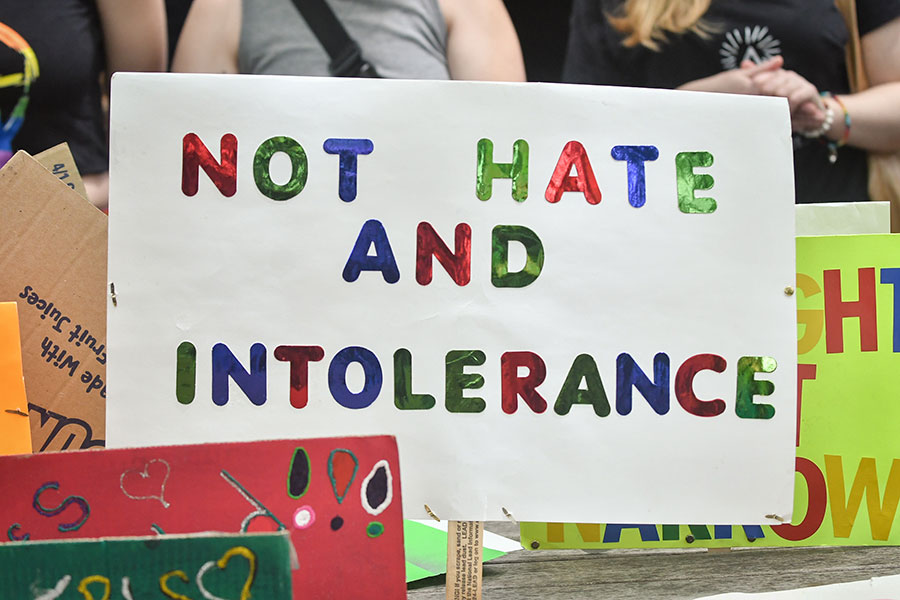According to a 2019 study conducted by security.org, using data from the FBI’s 2017 hate crime report, 12.5 percent of hate crimes in Pennsylvania are motivated by sexual orientation and gender identity, and 11.5 percent in New Jersey.
The same study shows that Pennsylvania has .07 LGBT-bias incidents per 100,000 people, with a higher rate of .57 incidents per 100,000 people in New Jersey, making it the state with the 11th highest rate of bias-fueled crimes, the highest being District of Columbia. About 58 percent of crimes motivated by sexual orientation-bias were targeted toward gay men.
These statistics may not necessarily accurately reflect the actual number of anti-LGBT crimes in the U.S. because law enforcement agencies fail to report these types of crimes to the FBI and the definition of a hate crime varies from state to state.
Last year, Pennsylvania added sexual orientation and gender identity to groups protected by discrimination laws, but the Pennsylvania Human Relations Commission still defines a hate crime as “a criminal act motivated by ill will or hatred toward a victim’s race, color, religion or national origin.” New Jersey includes sexual orientation and gender in its state hate crime laws, according to the Movement Advancement Project. But many states, including Georgia and Virginia, do not include sexual orientation or gender identity in their hate crime laws.
Another reason for imprecise data reflecting LGBT-related hate crimes is that victims themselves often fail to report crimes to the police. According to a November 2017 report conducted by National Public Radio, the Robert Wood Johnson Foundation and Harvard T.H. Chan School of Public Health, about 15 percent of LGBTQ people have avoided calling the police because of fear of discrimination. The likelihood of this more than doubles for LGBTQ people of color. More than one-quarter of queer people say they or an LGBTQ friend or family member has been unfairly stopped or treated by the police, the report continues.
While the study also shows members of LGBTQ-plus communities are more at risk of falling victim to hate-fueled crimes than African Americans, Hispanics, Muslims and other racial and religious minorities, when taking into account each group’s makeup of the entire U.S. population, the report does not take intersectionality into account.
The Human Rights Campaign reports that at least 18 transgender people have been killed so far in 2019 — 16 Black trans women, one Black trans femme teen and one trans man; in 2018, 26 transgender people, most of whom were Black women, lost their lives due to hate-related violence. In the FBI’s 2017 report, 118 incidents were labeled as anti-transgender.
